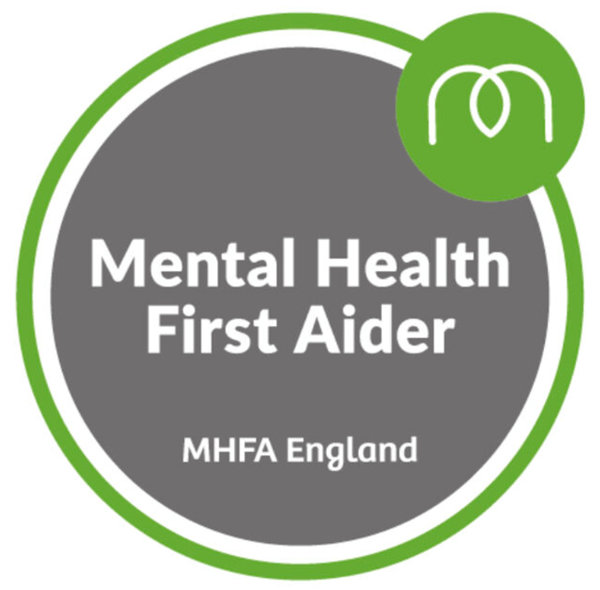Just saying “no” can make you feel free and strong. It helps you take better care of yourself. Let’s talk about saying “no” and setting clear limits. We’ll see why it’s important for having a balanced and happy life.
Why Setting Limits is Important
1. Taking Care of Yourself
In a world that loves being busy, taking care of ourselves can be tough. When we set limits, we make sure we focus on our own needs. Saying “no” gives us time to relax and concentrate on ourselves, reducing stress and making us healthier. It’s the first step to making ourselves a priority and is essential for a happy life.
2. Value Your Time
Limits aren’t just about keeping healthy; they’re also about respecting your time. Your time is precious, and saying “no” tells the world, “I value my time, and I choose how I spend it.” This gives you control over your schedule, making sure you spend time on things that matter to you.
3. Build Good Relationships
Good relationships need respect, understanding, and clear communication. Saying “no” and being honest about your limits shows respect for yourself and others. It helps prevent problems and keeps your connections with others positive.
4. Avoiding Feeling Exhausted
Feeling too tired and stressed, called burnout, is a big problem, especially at work. Not setting limits and saying “no” can make you work too much and feel exhausted. Saying “no” when needed helps you avoid burnout and keeps your work and life balanced.
5. Staying Focused
Ever feel like your attention is all over the place? Setting limits helps you stay focused. By saying “no” to things you don’t need, you save your energy for things that really matter, making it more likely you’ll succeed.
6. Growing Personally
Saying “no” isn’t just about protecting yourself; it’s also about making space for things you love. Setting limits lets you focus on your hobbies, learn new things, and grow as a person. This makes life more satisfying and interesting.
Dealing with the Fear of Disappointing Others
Many people struggle to set limits because they’re scared of letting others down. It’s normal to want to make people happy, but not at the cost of your own well-being. Here are some ways to feel more confident saying “no”:
1. Speak Up Calmly
Express your needs and opinions in a calm and respectful way. Saying “no” isn’t a rejection; it’s about telling others your limits.
2. Use Positive Words
When saying “no,” use positive words. Instead of just saying “I can’t do it,” explain why and suggest another solution. Positive words make it easier for everyone.
3. Be Honest
Honesty is vital when setting limits. Be clear about why you’re saying “no.” Most people will understand and respect your honesty.
4. Be Kind to Yourself
Setting limits isn’t selfish; it’s taking care of yourself. Remember that it’s okay to prioritize your happiness. Be kind to yourself and don’t feel guilty about saying “no.”
Recognizing and Dealing with Boundary Violations
Sometimes, even after setting limits, others might accidentally or on purpose cross them.
Knowing when this happens is crucial:
1. Feeling Resentful
If you’re getting annoyed because someone keeps asking too much, your limits might be ignored.
2. Feeling Overwhelmed
Feeling too stressed might mean your limits aren’t respected.
3. Ignoring Self-Care
If you’re always putting others first and forgetting about yourself, your limits might be overlooked.
4. Avoiding Conflicts
Not dealing with boundary issues might create more problems. It’s important to talk openly about these situations.
How to Respond to Boundary Violations
If someone crosses your limits, here’s what you can do:
1. Think About It
Before talking about the issue, think about how you feel. This will help you explain better.
2. Talk About Your Feelings
Tell the person how their actions made you feel, using “I” statements.
3. Repeat Your Limits
Remind them about your limits and explain why they matter. Be clear but respectful.
4. Set Consequences
If the violations keep happening, let them know there will be consequences. Make these consequences clear so they understand.
5. Get Support
If it’s hard to handle alone, talk to friends, family, or a therapist. They can give advice and support.
The Power of Saying 'No'
Understanding why limits matter and learning to say “no” gives you more control over your life. It’s not about building walls; it’s about knowing your limits and saying what you need.
This power helps you take care of yourself, value your time, have good relationships, avoid exhaustion, stay focused, and grow as a person. Saying “no” might seem simple, but it’s a strong tool for a happy and balanced life. Start setting limits and saying “no” when it’s important.
Need some support?
As a Mental Skills Coach, I invite you to embrace the power of the mind, explore solution focused hypontherapy, unlocking new possibilities, and harnessing the power to take control.
I offer a FREE 15 minute telephone consultation – start your journey to taking back control today.






